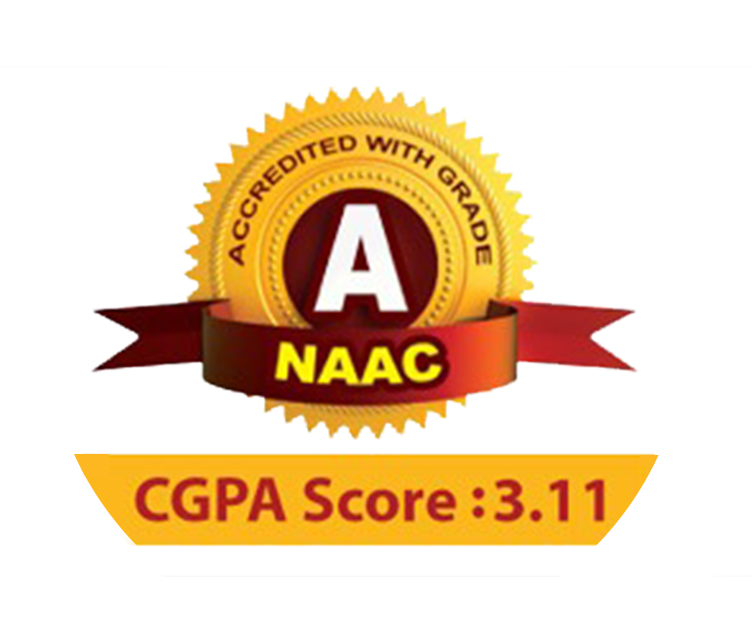Program Educational Objectives (PEOs)
|
| PEO 1 |
Graduates will apply civil engineering knowledge and practical skills to solve real-world problems and support community development |
| PEO 2 |
Graduates will design and implement safe, cost-effective, and sustainable civil engineering projects using modern tools and techniques. |
| PEO 3 |
Graduates will communicate effectively, work in teams, and uphold professional ethics while adapting to evolving industry needs through lifelong learning. |
Program Specific Outcomes (PSOs)
|
| PSO 1 |
Apply the Civil Engineering knowledge to illustrate the process involved in planning, analysis, design and development. |
| PSO 2 |
Conduct field investigations and analyze/interpret the observations for the real-world problems. |
| PSO 3 |
Demonstrate professional ethics and implement the principles of project management, business, and public policy to lead the project execution with the state of the art technology and contemporary skills. |
Programme Outcome (PO)
|
| PO 1 |
Engineering Knowledge – Apply knowledge of basic sciences & engineering to civil engineering problems. |
| PO 2 |
Problem Analysis – Design and conduct real-life problem-solving experiments and thereby analyse and interpret the obtained data to provide suitable solution. |
| PO 3 |
Design/development of Solutions – Analyse and design civil engineering structures and processes according to desired specification and requirements. |
| PO 4 |
Conduct investigations of complex problems – Identify, formulate and investigate the complex civil engineering problems using latest civil engineering research literature and practical knowledge. |
| PO 5 |
Modern Tool Usage – Recognize modern engineering techniques and advanced software tools to analyse civil engineering problems. |
| PO 6 |
The engineer and society – Understand the impact of an engineer in general and civil engineer in particular on safety, health, legal and cultural issues. |
| PO 7 |
Environment and Sustainability – Understand the need and impact of civil engineering solutions on environment and its sustainability. |
| PO 8 |
Ethics – Take professional decision with a sense of ethical responsibility. |
| PO 9 |
Individual and team work – Demonstrate and work in multidisciplinary projects with social responsibility and |
| PO 10 |
Communication – Communicate effectively and design documentation. |
| PO 11 |
Project Management and Finance – Use Best management practices for construction and maintenance of infrastructure project. |
| PO 12 |
Life-Long Learning – Adopt to lifelong learning process in the continuously changing technological scenario. |

